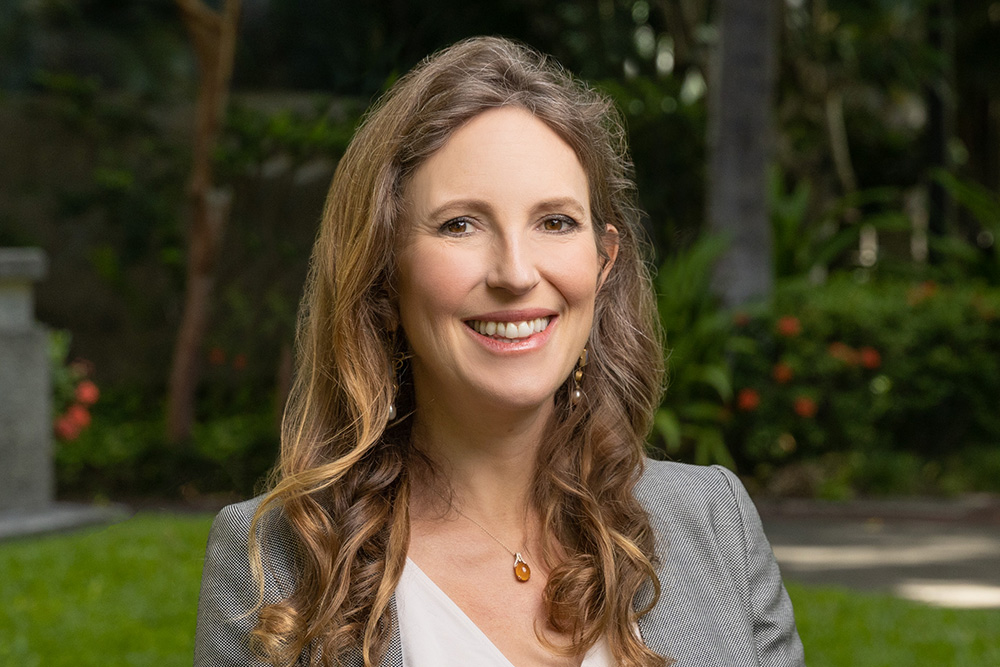Mesothelioma Cytoreductive Surgery at International Mesothelioma Program (IMP) Increases Survivability
Patients diagnosed with malignant pleural mesothelioma are usually given a very grim prognosis, and in the past had very few treatment options. However, due to the pioneering efforts of Dr. David Sugarbaker at the International Mesothelioma Program (IMP) at Brigham and Women’s Hospital in Boston, patients have a much better prognosis with surgery aimed at removing the tumor, followed by chemotherapy to kill any remaining cells. These procedures are called cytoreductive (or debulking) surgery and intrathoracic heated chemotherapy administered during surgery.
Surgery to Remove the Tumor
Cytoreductive surgery falls into two categories: (1) extrapleural pneumonectomy that involves the removal of the affected lung, and (2) pleurectomy and decortication which is the removal of the pleura and as much tumor tissue as possible. The type of surgery that a patient receives at the IMP depends upon how early the mesothelioma was diagnosed and the extent to which the disease has spread. It is part of the preoperative protocol at the International Mesothelioma Program to perform a procedure called a mediastinoscopy, to biopsy the patient’s lymph nodes in the mid-chest area or mediastinum. This procedure tells the physicians at the IMP the extent to which the malignant mesothelioma has spread.
If the patient’s malignant mesothelioma is discovered early enough, Dr. Sugarbaker may perform an extrapleural pneumonectomy. Not only is the affected lung removed, but the diaphragm, pleura, and pericardium are also surgically removed. The diaphram and other structures in the chest are re-built using Gortex, which is a synthetic gas-permeable membrane. The other surgery, a pleurectomy/decortication is used to removed the diseased pleura and as much of the patient’s mesothelioma tumor as possible.
Chemotherapy Drugs Administered Immediately
At the International Mesothelioma Program, following either the extrapleural pneumonectomy or the pleurectomy/decortication, the patient’s chest cavity is infused with a lavage (washing out the organs) of heated chemotherapy drugs. Researchers and physicians at the IMP have determined that there is much greater chemotherapy penetration when the drugs are heated and washed directly over the affected area compared to being delivered intravenously. The purpose of the intracavitary heated chemotherapy lavage is to kill the malignant mesothelioma cells that might be left behind after surgery and that cannot be seen by the surgeon.
Success With Dr. Sugarbaker’s Techniques
Dr. Sugarbaker and his team have been very successful in using cytoreductive surgery and intracavitary heated chemotherapy in prolonging the lives of malignant pleural mesothelioma patients. Dr. Sugarbaker reports some patients surviving five to ten years using this combination of surgery and heated chemotherapy.
Clinic Trials Recruiting Pleural Mesothelioma Patients
Brigham and Women’s Hospital, in collaboration with the Dana-Farber Cancer Institute in Boston, are currently recruiting patients with malignant pleural mesothelioma for two clinical trials. The first is a Phase I clinical trial that will study the effects of extrapleural pneumonectomy/pleurectomy decortication followed by a combination of heated chemotherapy drugs Cisplatin and Gemcitabine administered during surgery. The second is a Phase II clinical trial that will study the effects of pleurectomy/decortication combined with intraoperative heated Cisplatin, then followed by an intravenous administration of sodium thiosulfate to reduce the effects of the Cisplatin.






